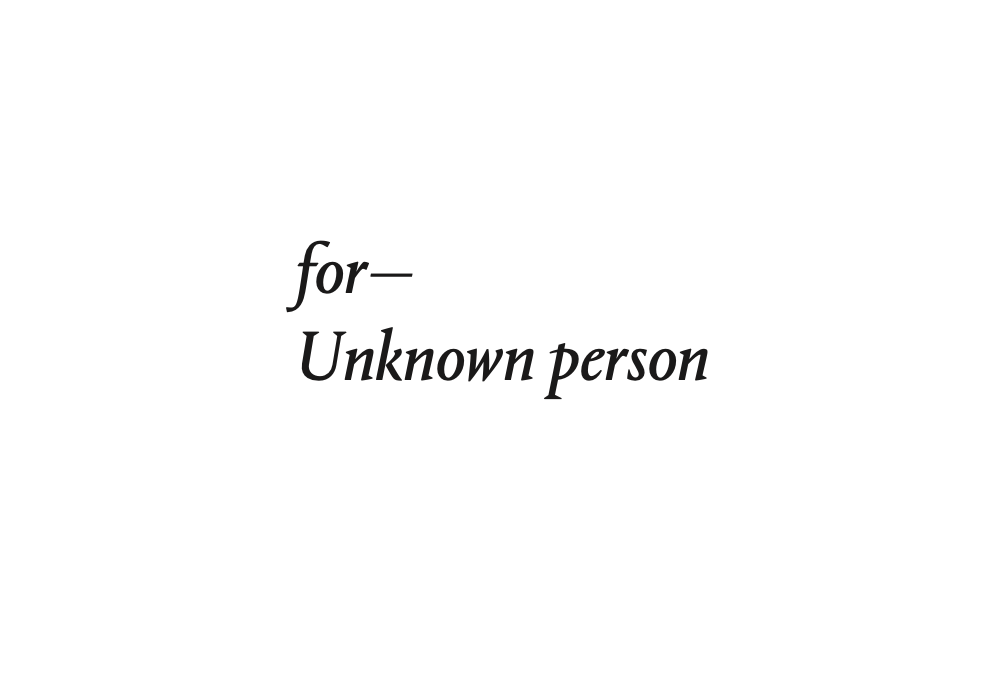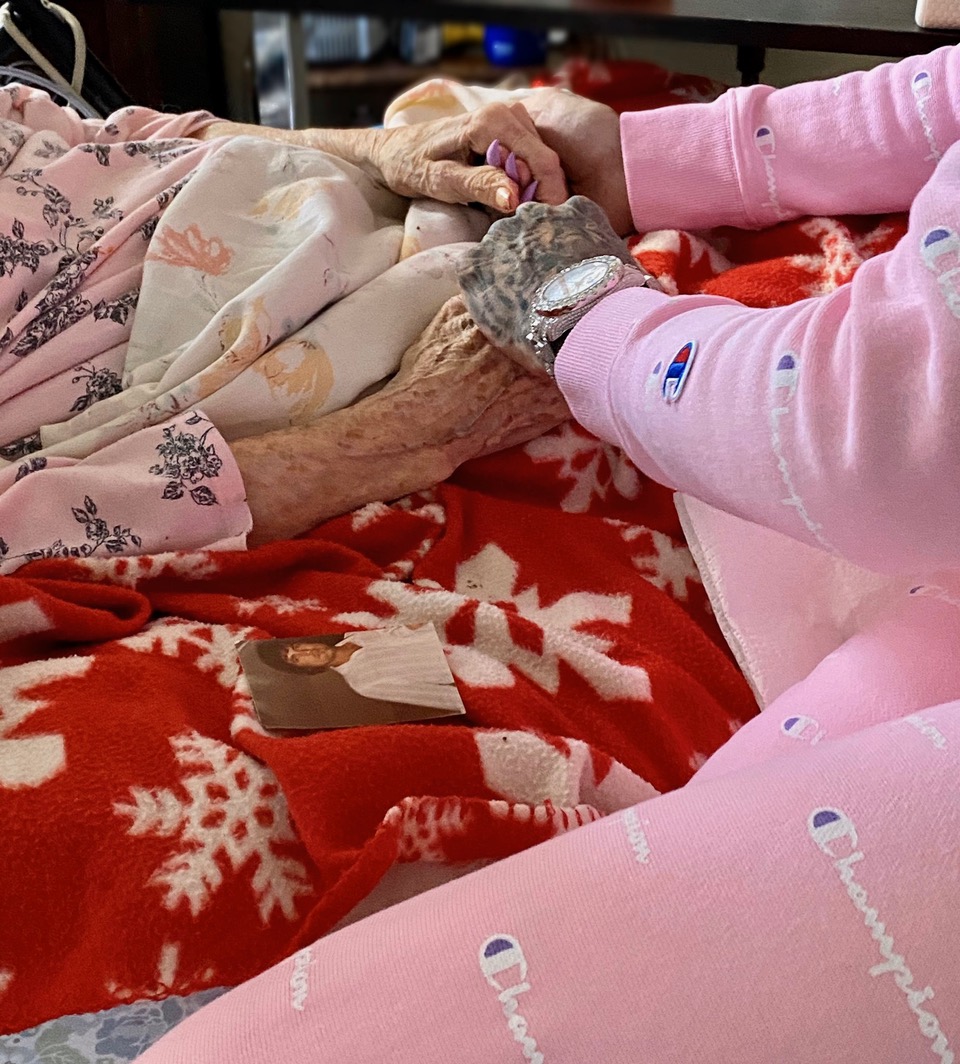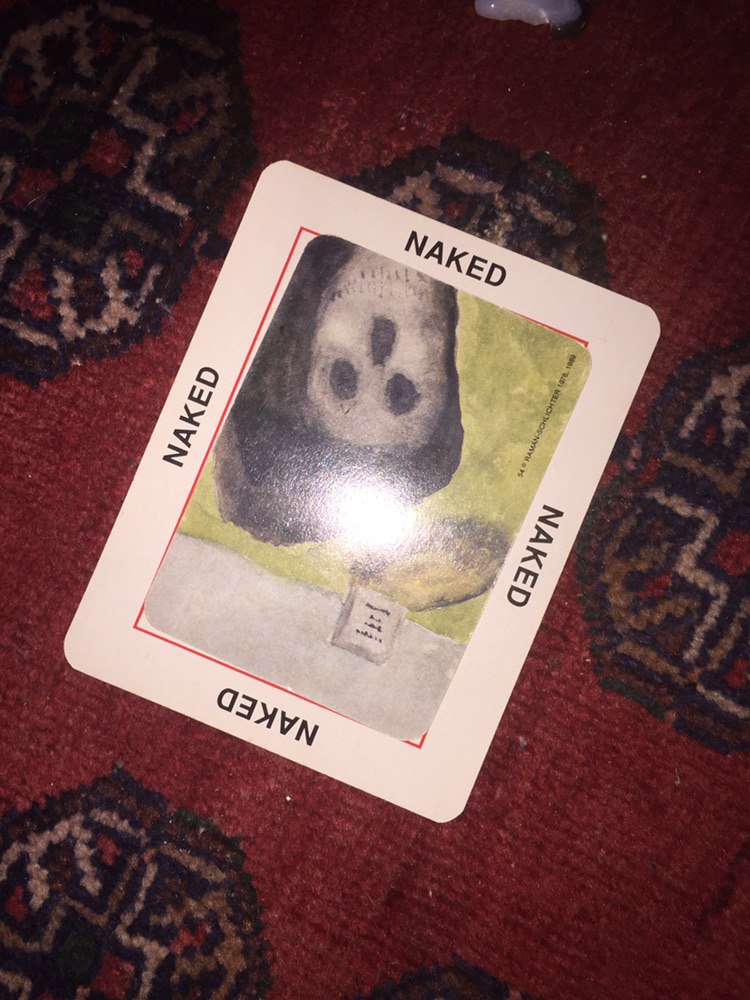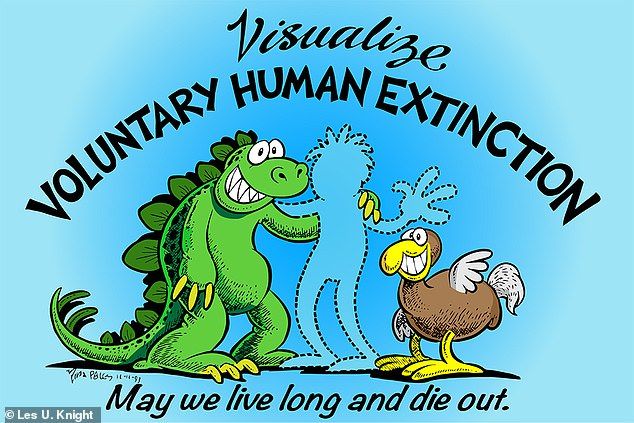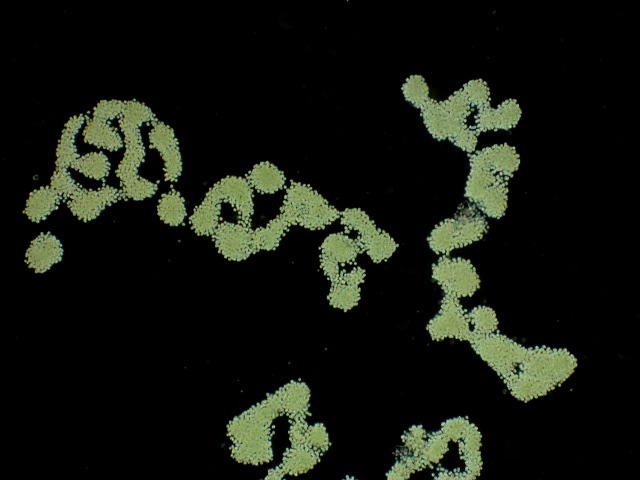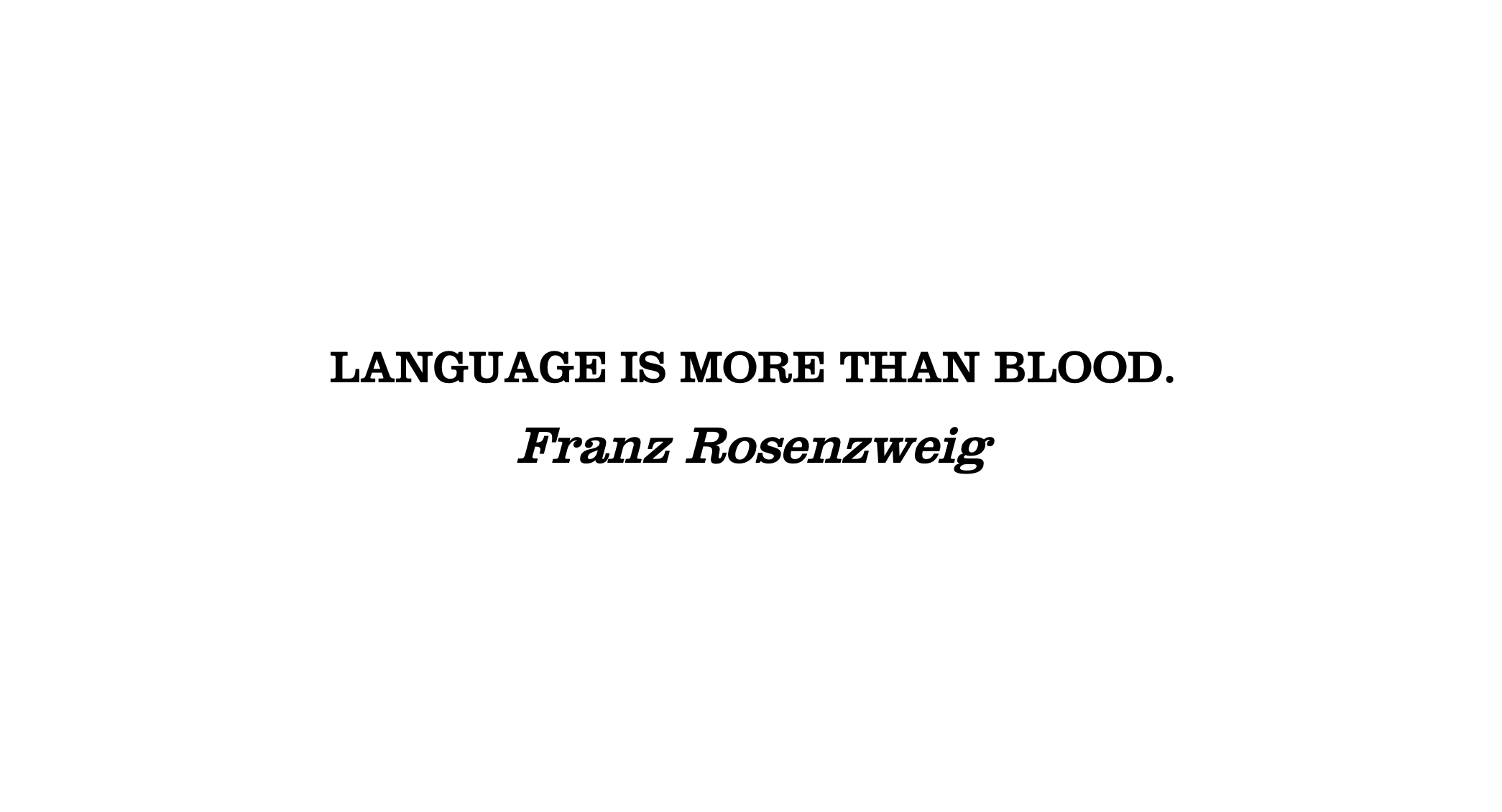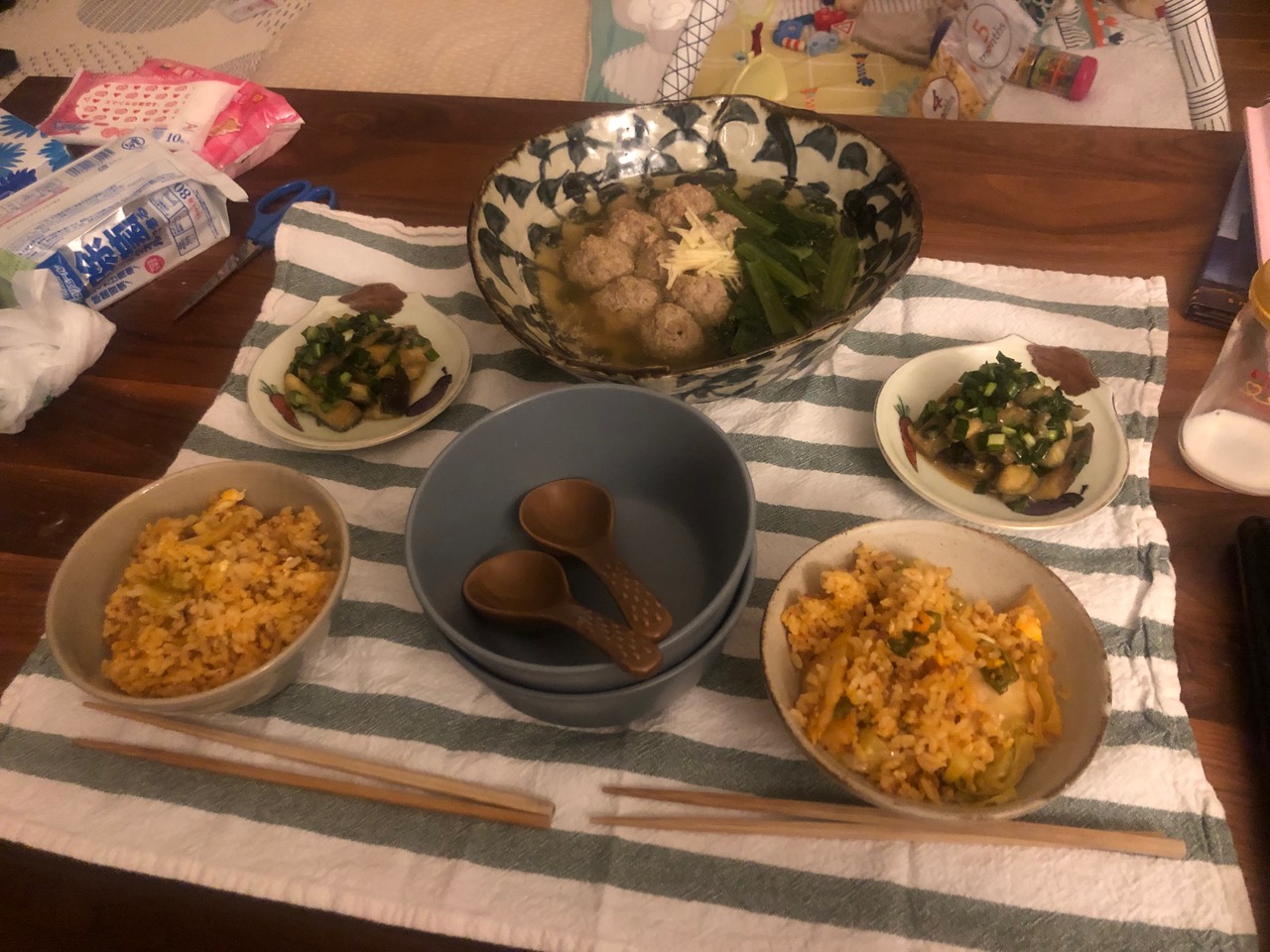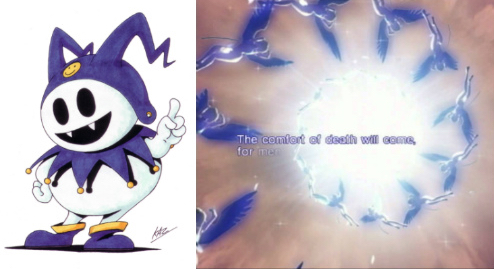It is easier to articulate the pain of love’s absence than to describe its presence and meaning in our lives.
Everywhere we learn that love is important, and yet we are bombarded by its failure. In the realm of the political, among the religious, in our families, and in our romantic lives, we see little indication that love informs decisions, strengthens our understanding of community, or keeps us together. This bleak picture is in no way the nature of our longing. We still hope that love will prevail. We still believe in love’s promise.
To truly love we must learn to mix various ingredients—care, affection, recognition, respect, commitment, and trust, as well as honest and open communication.
When we feel deeply drawn to someone, we cathect with them; that is, we invest feelings or emotion in them. That process of investment wherein a loved one becomes important to us is called “cathexis.” In his book Peck rightly emphasizes that most of us “confuse cathecting with loving.” We all know how often individuals feeling connected to someone through the process of cathecting insist that they love the other person even if they are hurting or neglecting them. Since their feeling is that of cathexis, they insist that what they feel is love.
understand love “as the will to extend one’s self for the purpose of nurturing one’s own or another’s spiritual growth.”
There can be no love without justice. Until we live in a culture that not only respects but also upholds basic civil rights for children, most children will not know love. In our culture the private family dwelling is the one institutionalized sphere of power that can easily be autocratic and fascistic. As absolute rulers, parents can usually decide without any intervention what is best for their children. If children’s rights are taken away in any domestic household, they have no legal recourse. Unlike women who can organize to protest sexist domination, demanding both equal rights and justice, children can only rely on well-meaning adults to assist them if they are being exploited and oppressed in the home.
When Masters’s mother dies he feels grief that he cannot be with her. The other inmates do not understand this longing, since she neglected and abused him. He responds: “She had neglected me, but am I to neglect myself as well by denying that I wished I’d been with her when she died, that I still love her?”
Without justice there can be no love.
When we reveal ourselves to our partner and find that this brings healing rather than harm, we make an important discovery—that intimate relationship can provide a sanctuary from the world of facades, a sacred space where we can be ourselves, as we are. . . . This kind of unmasking—speaking our truth, sharing our inner struggles, and revealing our raw edges—is sacred activity, which allows two souls to meet and touch more deeply.
“where the will to power is paramount love will be lacking.”
Trust is the foundation of intimacy. When lies erode trust, genuine connection cannot take place. While men who dominate others can and do experience ongoing care, they place a barrier between themselves and the experience of love.
Giving ourselves love we provide our inner being with the opportunity to have the unconditional love we may have always longed to receive from someone else. Whenever we interact with others, the love we give and receive is always necessarily conditional. Although it is not impossible, it is very difficult and rare for us to be able to extend unconditional love to others, largely because we cannot exercise control over the behavior of someone else and we cannot predict or utterly control our responses to their actions. We can, however, exercise control over our own actions. We can give ourselves the unconditional love that is the grounding for sustained acceptance and affirmation. When we give this precious gift to ourselves, we are able to reach out to others from a place of fulfillment and not from a place of lack.
If all public policy was created in the spirit of love, we would not have to worry about unemployment, homelessness, schools failing to teach children, or addiction.










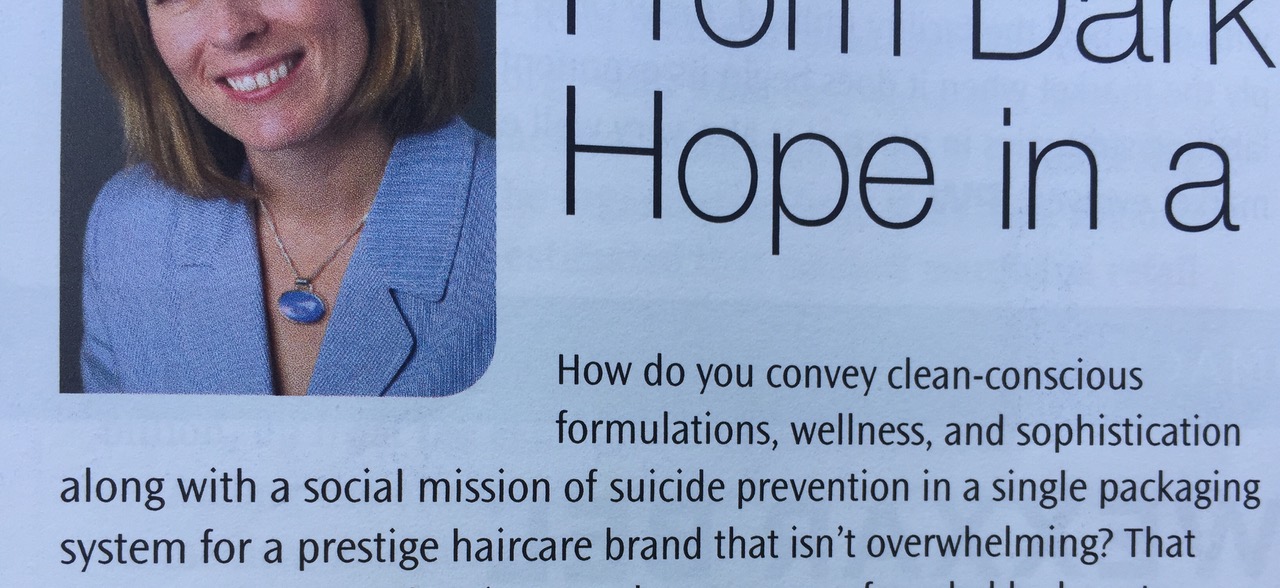

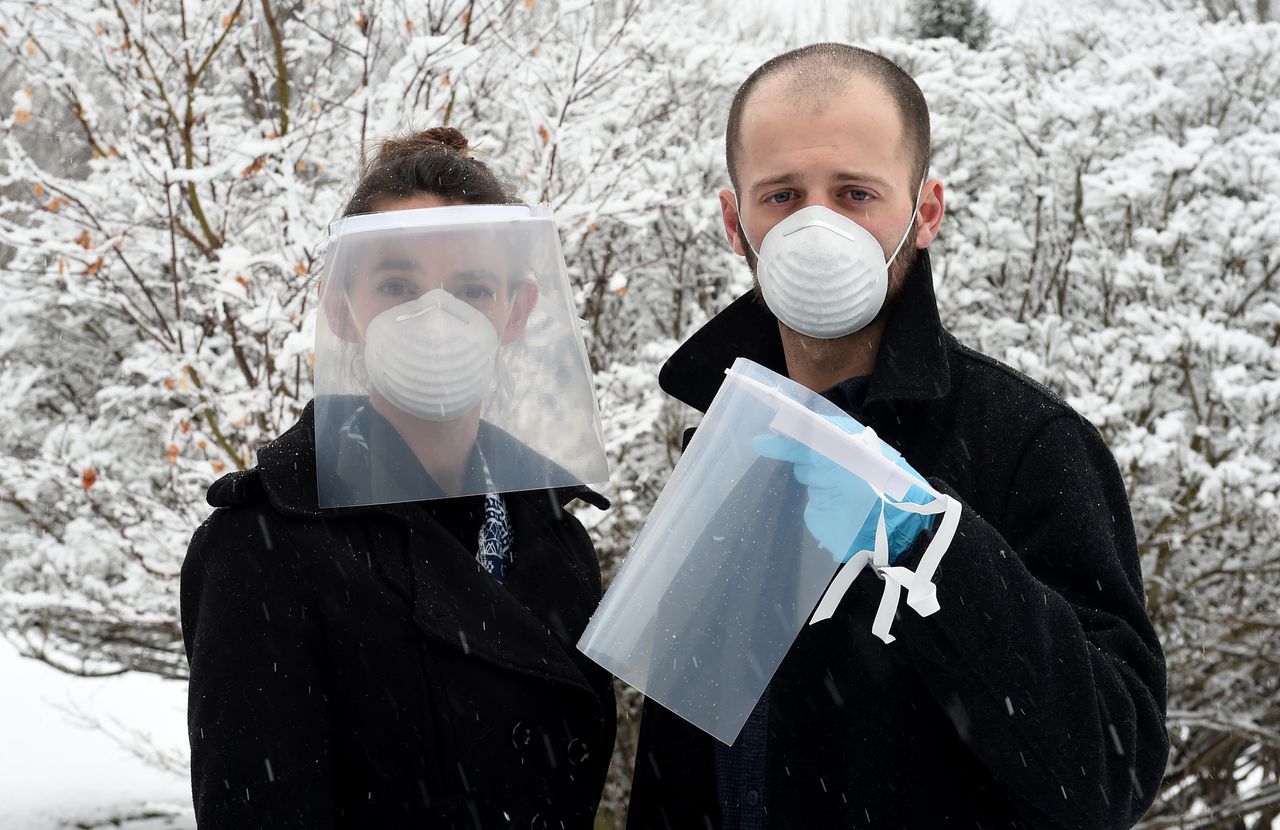


All the widespread emphasis on dysfunctional relationships in our society could easily lead to the assumption that we are a nation committed to ending dysfunction, committed to creating a culture where love can flourish. The truth is, we are a nation that normalizes dysfunction. The more attention focused on dysfunctional bonds, the more the message that families are all a bit messed up becomes commonplace and the greater the notion becomes that this is just how familiar are. Like hedonistic consumption, we are encouraged to believe that the excesses of the family are normal and that it is abnormal to believe that one can have a functional, loving family.
When greedy consumption is the order of the day, dehumanization becomes acceptable. Then, treating people like objects is not only acceptable but is required behavior. It’s the culture of exchange, the tyranny of marketplace values. Those values inform attitudes about love. Cynicism about love leads young adults to believe there is no love to be found and that relationships are needed only to the extent that they satisfy desires. How many times do we hear someone say “Well, if that person is not satisfying your needs you should get rid of them”? Relationships are treated like Dixie cups. They are the same. They are disposable. If it does not work, drop it, throw it away, get another. Committed bonds (including marriage) cannot last when this is the prevailing logic. And friendships or loving community cannot be valued and sustained.
Much of the talk about “family values” in our society highlights the nuclear family, one that is made up of mother, father and preferably only one or two children. In the United States this unit is presented as the primary and preferable organization for the parenting of children, one that will ensure everyone’s optimal well-being. Of course, this is a fantasy image of family. Hardly anyone in our society lives in an environment like this. Even individuals who are raised in nuclear families usually experience it as merely a small unit within a larger unit of extended kin. Capitalism and patriarchy together, as structures of domination, have worked overtime to undermine and destroy this larger unit of extended kin. Replacing the family community with a more privatized small autocratic unit helped increase alienation and made abuses of power more possible. It gave absolute rule to the father, and secondary rule over children to the mother. By encouraging the segregation of nuclear families from the extended family, women were forced to become more dependent on an individual man, and children more dependent on an individual woman. It is this dependency that became, and is, the breeding ground for abuses of power.
“All men [and women] are caught in an inescapable network of mutuality, tied in a single garment of destiny. Whatever affects one directly affects all indirectly.”




